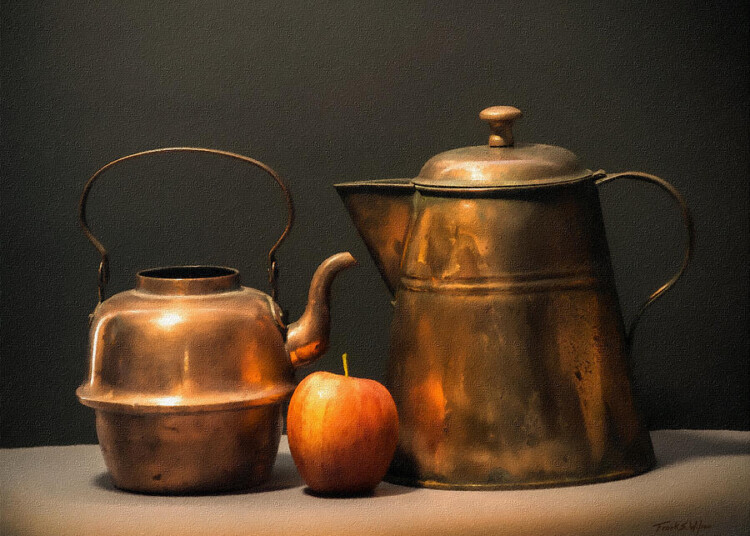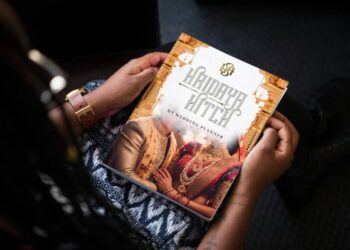Tamils from Tamil Nadu have migrated to many countries across the world. To prove that diaspora Tamils hold dearly to their love and devotion for Tamil language and Tamil arts, we have brought Tamil artists from Malaysia to create the film ‘Rattha Pei’. We bring this cinematic art before you to witness.
– M. Bahurudeen, director of Rattha Pei, the first Tamil film from Malaysia,
As the modern art of cinema began to rise and spread throughout the world, so did this fascinating form of media find its way among the Tamil people. Although most would categorise Kollywood as the central vehicle that mass produces films for the Tamil people, the industry doesn’t always precisely represent the lives of diaspora Tamils. It is from that need to create and etch their own heart, soul and being on a cinematic platform, that saw the birth of Malaysian Tamil cinema. Malaysia is an odd, contradictory, and complex landscape, and to exist as a Tamil in this land presents a unique anatomy of emotions and ideas. The abstractions that are born out of this material interaction of being and landscape are what urges the voices of Malaysian Tamils to construct their own cinematic language.
M. Bahurudeen: Pioneer Of Malaysian Tamil Cinema
In 1968, M. Bahurudeen, the renowned film director, producer, and actor, made history by creating the first ever Malaysian Tamil film, titled Rattha Pei. Originally written and performed as a stage play in Malaysia, the successful crew travelled all the way to Tamil Nadu to transform this incredible play into the form of cinema. This was a true historic moment for the arts in Malaysian Tamil society.
We, who are new to world cinema, have created our first ever film, Rattha Pei. My drama is one that has been performed on many stages in Malaysia. It was performed for the first time on April 19, 1967, in the Chennai Museum Theatre. On the first day, Tamil Nadu Chief Minister Arignar Anna graciously attended the performance. It was through their arduous love, support, and encouraging words that Rattha Pei has taken the form of cinema today.
– M. Bahurudeen, Director, Producer, Actor
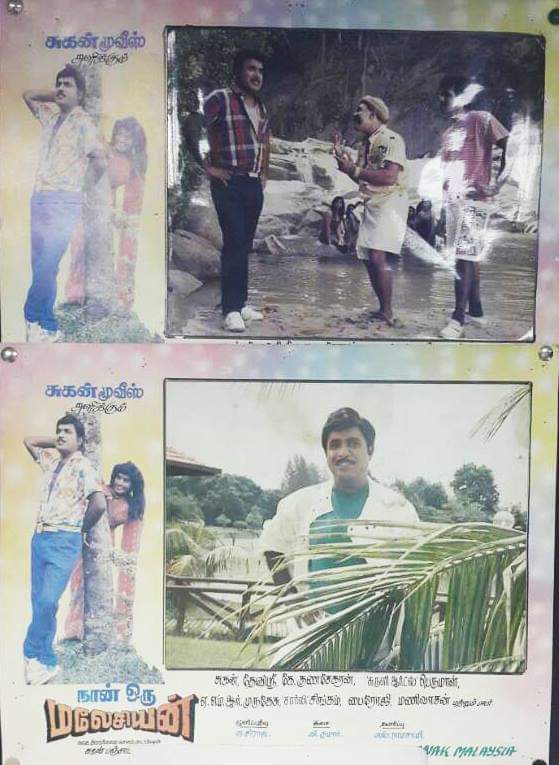
After the birth of the first ever Malaysian Tamil film, the industry faced a period of emptiness. There were many successful plays that took place all across the new nation of Malaysia. Dramas based on literature and history flourished across each stage, yet the film industry was still an incredibly unexplored realm.
The second Malaysian Tamil film, and the first to ever be produced and created in Malaysia, was the 1991 film Naan Oru Malaysian. The film was directed by Sugan Pansha and starred Devisri, K. Gunasegaran, Manivasan, Bairogi Narayanan, Ramesh, Devisri, and S. Gana Pragasam.

To be an artist, you have to birth it from within you; if not, how else can you be an artist? A comedic feeling will come to you, and to get that feeling, you must transport yourself to that space. That feeling should awaken within you. Not a single true comedic actor follows the style of another; each moves on their own wavelength. You can say a protagonist is like another, but artists are not like that. There is only one Shivaji and one MGR; the same is true for comedians. Each one has their own individual expression, and they excel in their craft. That individuality is what our own people in our nation should follow. That is my opinion.
– Karu Karthik, comedic actor, writer, journalist
Mathaapu : RTM’s First Tamil Production
One of the first ever Tamil dramas to be featured on RTM was titled Mathappu, directed by Kumar Thangiah. The idea for the drama was pitched by the Cultural Committee of the Malaysian Indian Congress (MIC) in 1986 to RTM as a special for Deepavali. RTM then informed them that they would air the drama, but the cost of production had to be covered by another investor. With a month’s deadline, the members of the committee frantically tried to find a production company and finally got Rama Visions to produce the drama. Actors like Manoramalingam and Thulasi Krishnan and the technical crew members like DOP Mohan had contributed immensely to this ambitious project, some even worked 18–20 hours a day to complete the drama. Many of the crew and cast had graciously volunteered without receiving any pay at all, just to see this drama materialise. The entire team was under a lot of financial and time constraints, yet at the end, after much struggle and persistence, they sent the final film for post-production to Hong Kong. Throughout the entire creative process, Tan Sri M. G. Pandithan, former MIC Vice President and the founding president of the All Malaysian Indian Progressive Front (IPF), would frequent the set, giving his utmost encouragement and admiration for the completion of the project.
After the completion of Mathaapu, Rama Visions took on the responsibility of raising a generation of film professionals who were proficient in their technical capabilities. They organised for many educational and cultural programmes to take place in order to firmly train excellent film practitioners; their programmes were taught by some of the most acclaimed directors in Kollywood, like K. Balachander and T. Rajendran. As for RTM, the production of Mathaapu paved the way for more Tamil productions to be created on the platform. Dato’ Chandrasekar Suppiah, who is also a pioneer in the project, went on to create Nadaswara, a Tamil programme that became incredibly impactful for commercial Tamil audiences. This was a period that saw the birth of Tamil programmes being produced featuring the community’s cultural, religious, and social expressions. Many people like Jack Nadaraja and Francis Silvam contributed immensely to the development of Malaysian Tamil entertainment.
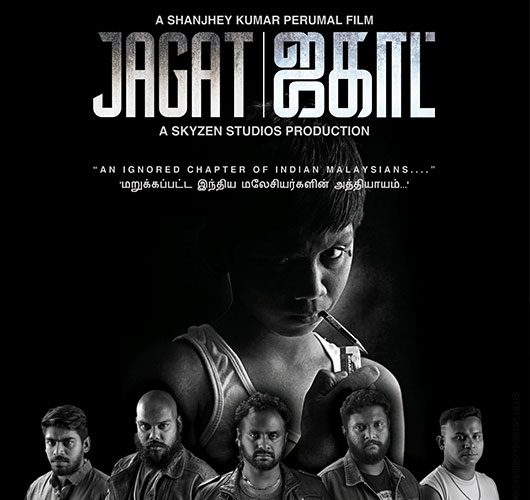
Tamil film in Malaysia is still in its early stages; it has so much to evolve into, and that is what gives the younger generation of filmmakers, writers, and creatives the hope that one day the art can truly reflect and revolutionise Tamil society. Cinema itself is a modern invention that is constantly transmuting and undoing itself. This essay is only the briefest documentation of the 55 years of Malaysian Tamil Cinema and Entertainment. There is still an opulence of history in the artistic, cultural, cinematic, and aesthetic creations of Tamils that is etching against annihilation. These histories shall be remembered for as long as we and our descendants are alive.
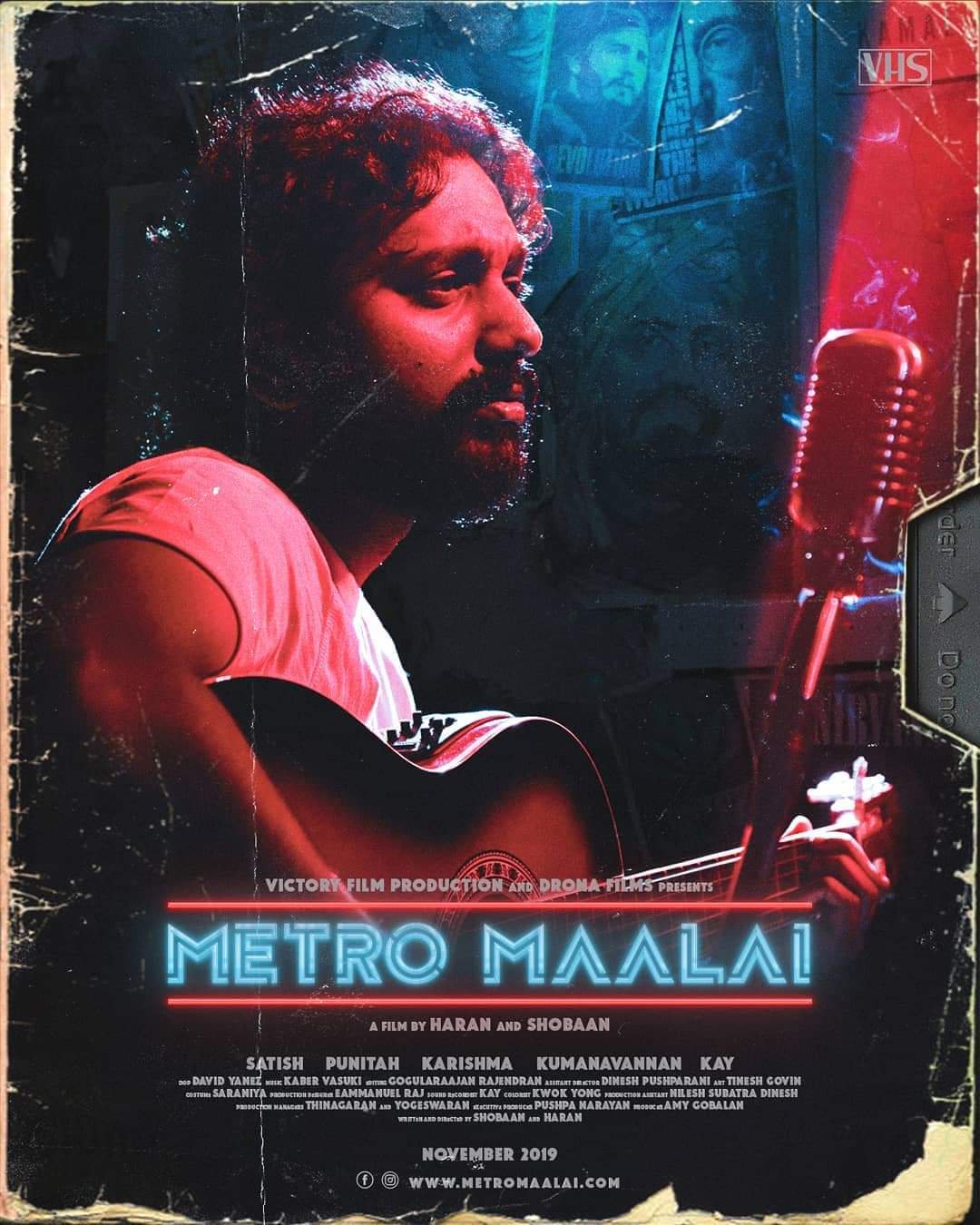
Source: 53 Years of Malaysian Tamil Cinema, The Birth of Tamil Production
Follow us on Instagram, Facebook or Telegram for more updates and breaking news.




